Visitor's Guidelines and Outdoor Etiquette
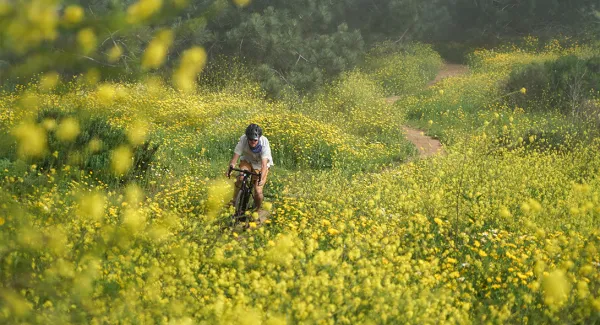
Visitor's Guidelines and Outdoor Etiquette
Respectful Nature Adventure
Outdoor etiquette and practical tips
During your motorhome holiday, you can easily access a relaxing, revitalizing, and adventurous experience in the forest. Simply park your vehicle in a designated spot and immerse yourself in the surrounding nature. This is a sequel publication to the blog of Everyman's Rights in June. In this edition, we have compiled practical and detailed guidelines to ensure a rewarding, safe, and responsible outdoor experience.
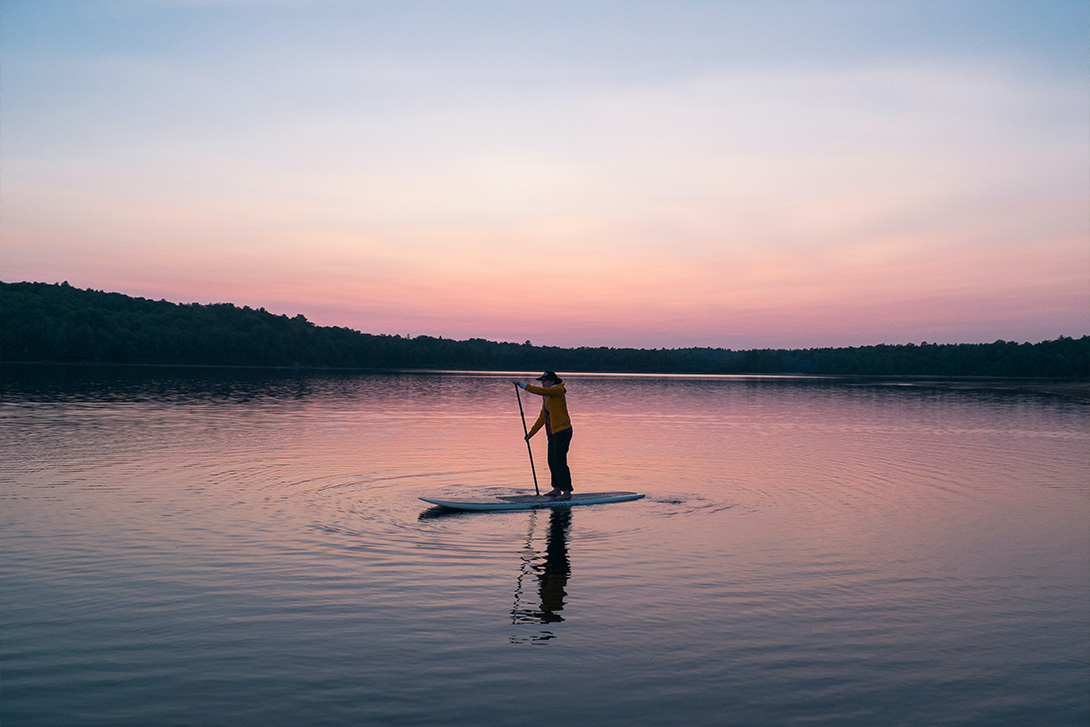
Laura Stanley
What to Bring Along
Whether you go for a short nature trail walk with your kids or for an overnight hiking trip with adults, remember the golden rule of 3 elements: always respect people, nature, and property. Before packing your backpack, check the latest weather forecast to dress properly and pack extra clothing.
Hiking paths are often partly uneven and demanding. There may be differences in altitude and surfaces such as roots and rocks can become slippery when wet. Wearing proper hiking shoes or other sturdy footwear is essential for a comfortable and safe walk. If you have recently purchased new boots, remember to break them in beforehand to prevent painful blisters during your hike. If you sweat heavily, apply some foot powder to keep your feet dry and intact, wear specialized hiking socks, and pack extra pairs.
Considering the changing weather conditions, such as sudden rain or the need for protection against wind or mosquitoes, remember to pack a long outer layer (jacket with a hood and pants) and a hat. The ideal outer clothing is both windproof and waterproof while also allowing breathability. For longer hikes, pack additional warm underclothing (mid-layer) and an extra t-shirt (base-layer) if possible. Ensure your backpack has a rain cover to keep your gear dry in any weather.
Do not forget to pack a first-aid kit (including sanitation products, plasters, and bandages), a headlamp, and matches (and keep them in a small waterproof bag). Multi-tool or a knife can also come in handy, even on shorter hikes, especially when lighting a fire.
Make sure to have a fully charged phone with you. However, be aware that mobile phone connections may not work properly in remote areas. For longer hiking trails, it is advisable to purchase a printed map from the nearest service station and carry a compass. If you're planning an overnight hike, bring a tent, a sleeping bag, and a quick-dry towel.
Use sunglasses and sun lotion to protect your skin and eyes. On a sunny day, wear a hat and ensure you drink enough water to avoid heatstroke.
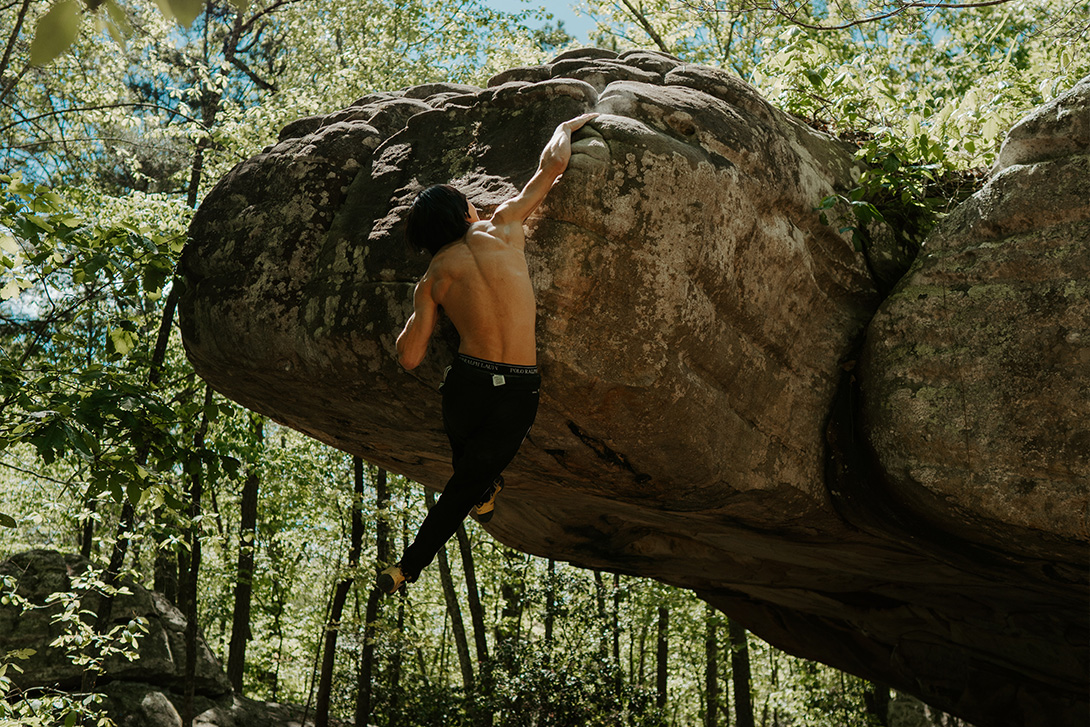
Gregory Hayes
Respectful Hiking
Always favor marked paths and keep your pets on a leash. Avoid leaving any trace of your visit or your attempts to capture the best social media shot. When crossing a river or steam, use a suspension bridge if available. Remember to adhere to the maximum amount of walkers allowed on the bridge at a time.
If you plan to enjoy a nature adventure with a mountain bike, check for available trails suitable for biking. Be cautious of hikers on the trail. Pay extra attention on downhill sections when speed increases and the path becomes uneven to ensure your safety and the safety of others.
Consult a map of the local national park to locate designated camping and cooking spots along your hiking trail. This will help you plan your stops and meals. Always carry extra food and snacks in case your hike takes longer than expected.
Many natural water sources are clean and safe to drink in the Nordics. Natural parks might have an old pumping well to get fresh water from the grounds. However, it is recommended to always bring your own bottled water to ensure you have plenty of decent drinking water with you. If you intend to use water from rivers, lakes, or small forest streams, we recommend cooking or treating it with a water purification tablet to ensure its purity. Even clear water can contain bacteria from animal feces. Additionally, be aware of blue-green algae blooms that can produce toxins in the water, especially during the months of June to August.
Use designated forest toilets when possible and consider bringing your own toilet paper on a hiking trip.
Polite and Responsible Camping
Camp only in designated areas. National parks often provide picnic tables, lean-to-shelters, and even cabin huts available for everyone so you do need to use your tent every night. Limit your stay to 1-2 nights in one place to allow others the opportunity to enjoy the same.
All camping and picnic spots are usually equipped with a fireplace (often a campfire ring) and firewood sheds. Only light fire in designated spots and keep a bucket of water nearby for extinguishing purposes. Use only the pre-cut firewood from the shelter, and do so sparingly. Avoid damaging nature by tearing branches or vegetation.
Treat all fire grilling settings and cooking supplies available on the camping spot with respect. When there is a forest or grass fire warning in effect, fires are only allowed inside a wilderness hut that has a chimney or flue. Before leaving the fireplace, ensure the fire is completely out or extinguish it carefully with a small amount of water. You can always use a portable camp stove (excluding hobo stoves) for cooking, but exercise caution when handling flammable liquids.
In some wilderness areas and Lapland, you may have more freedom to camp and light fires. However, always check the current fire risk situation and use fallen trees for your fire.
When camping in nature, wash dishes away from natural water sources on dry land. Use only biodegradable soap.
The same applies to bathing. Use only biodegradable soap and avoid introducing any detergents or foreign substances into the water.
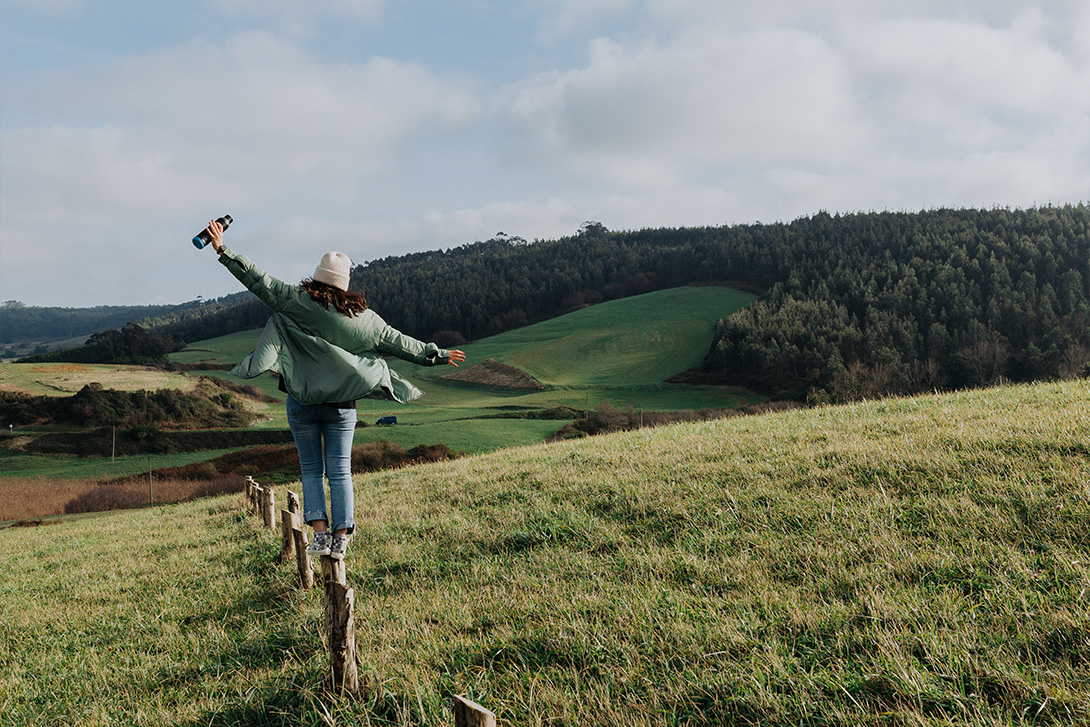
Quokka Bottles
Collect and Recycle all Waste
Did you know that not only fishing lines and hooks, but also broken glass bottles, aluminum cans, plastic items, and cigarette butts left in the forest can severely injure wild animals? Therefore, please follow the rule: All that you bring to the forest, get them back with you as well.
Do not leave any food behind in wilderness huts or picnic areas. Leftover food can attract rodents, insects, or even larger visitors like bears.
When collecting your waste, separate plastic, metal, and glass from mixed waste for recycling at designated recycling spots outside the natural park.
You can burn a small amount of clean paper and cardboard in the fire. However, bring wet wipes for intimate hygiene and menstrual products back with you. Do not leave them anywhere in the forest or in a forest toilet.
Let's preserve our nature for future generations by acting responsibly.
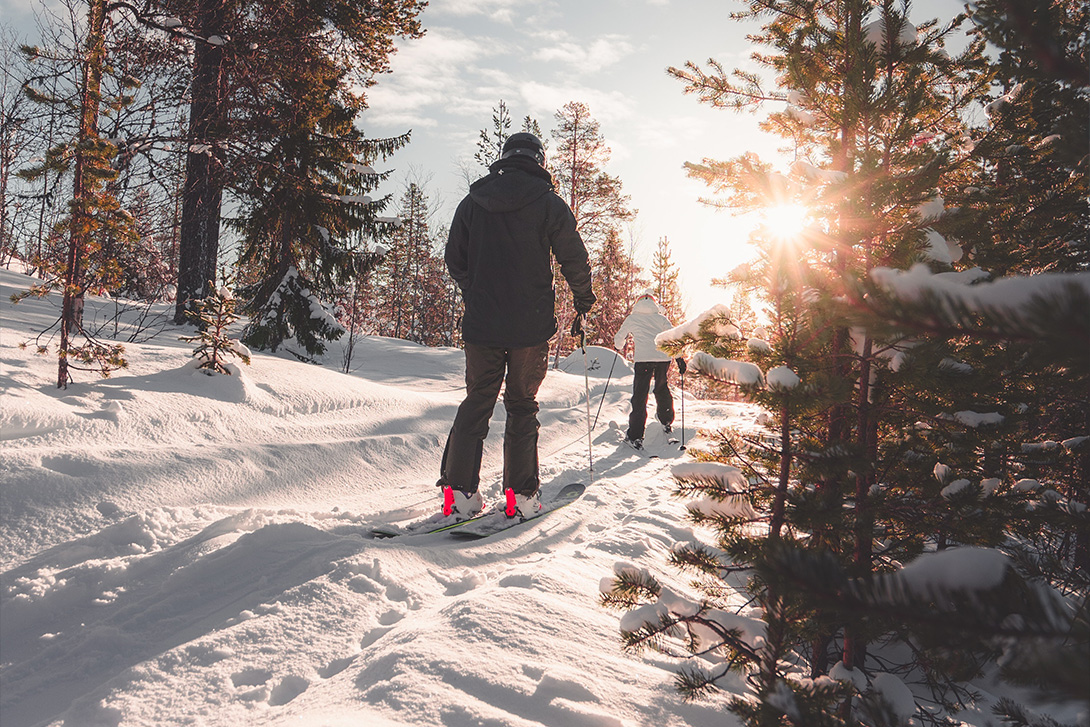
Gustav Lundborg
Protect Yourself from Insects, Ticks, and Snakes
Mosquitoes can be bothersome during hikes in July and August. To protect yourself from their bites, wear long-sleeved trousers and shirts and cover your head with a hat. Prefer breathable clothing as insects are attracted to warm and sweaty areas. Apply insect-repellent lotion to your neck and hands There are many biodegradable plant-based options available that also work against ticks.
Ticks have been detected from the Southern Baltic regions to Lapland. Due to the increased risk of contracting Lyme disease or tick-borne encephalitis (TBE) virus, always wear long-sleeved trousers and pull your socks over your pants when hiking, especially in hay meadows or damp, leafy coastal areas. Shake out your clothing periodically and thoroughly check your skin in the evening, paying attention to your arms, areas where the skin bends, the back of your ears, and your hair. Remove possible ticks carefully using specialized tick tweezers, pulling gently but firmly to ensure the whole tick is removed.
Lastly, familiarize yourself with the common venomous snakes in the area and learn to identify them. In the Nordics, the adder is the only venomous snake species and you can recognize it from a saw blade pattern. Usually, snakes slip away already when they sense your steps on the ground. But if you encounter an adder while picking berries and mushrooms, give it plenty of space and avoid disturbing or provoking it. If get bitten by an adder, remember to stay calm, avoid excess muscle straining and try to reach doctor's appointment as soon as possible to get a proper medical evaluation, even if your symptoms stay on a minimal level.
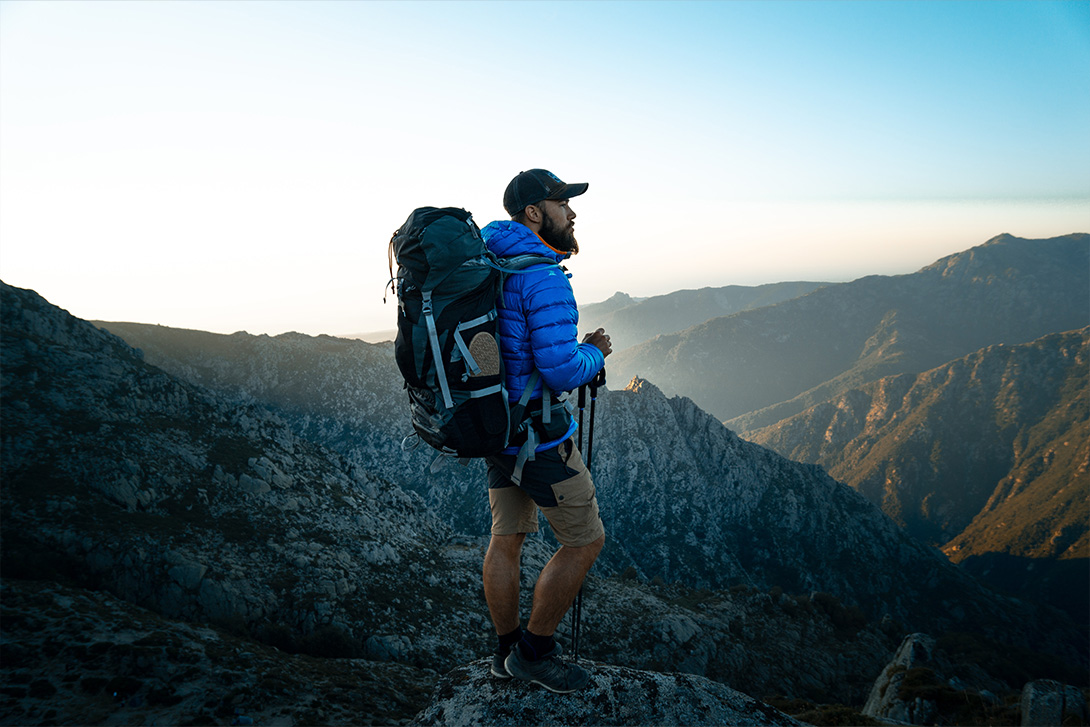
Lucas Favre
Other safety matters to remember
Always prefer hiking with someone and do not hesitate to ask for help when needed. If you visiting the wilderness for the first time and you are eager for a long hike, we recommend hiring at first a local wilderness guide or joining a guided tour to get the best tips for your next adventure.
If you are a solo traveler, remember to inform your closest family members what are your plans as a precocious procedure.
Additionally, prefer colorful clothing to be more easily spotted in the middle of nature.
In the event of a fire or a medical emergency, please use the general European emergency number 112. However, please respect their valuable work and avoid calling them unnecessarily, such as when having trouble with fire settings. If you do not have a proper phone connection, walk to higher ground and try calling from there.
As mentioned earlier on our Everyman's Rights blog, do not feed animals and observe them peacefully only from a proper distance. Elks and nesting birds might behave aggressively when they feel threatened with their calves or chicks. And remember the basic rule: there is no such thing as a harmless wild bear.
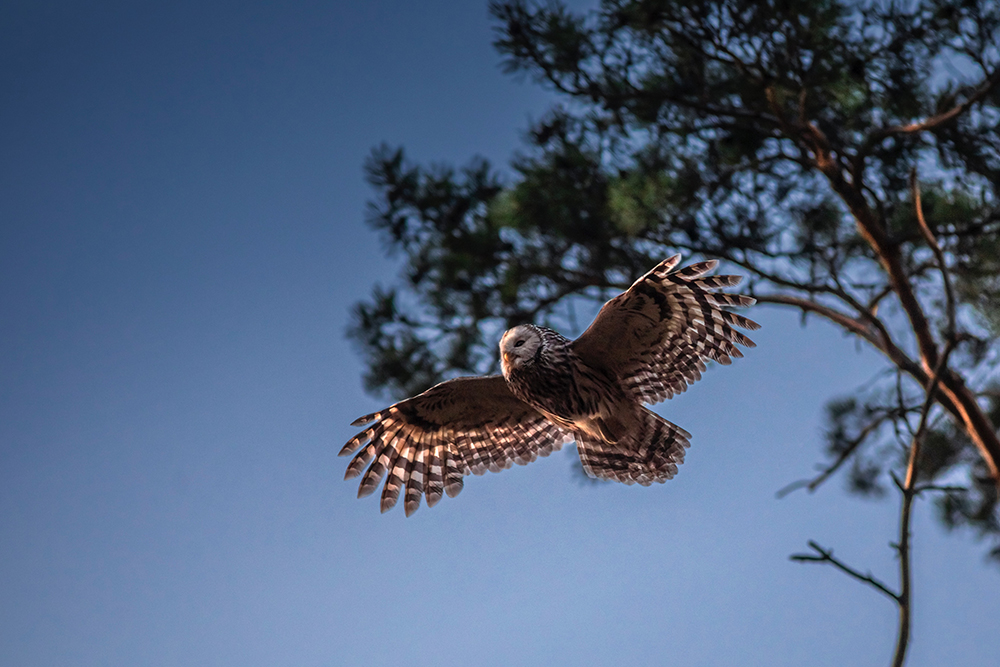
Erik Karits
Whether you embark on a short nature trail adventure with your kids or on a longer hiking trip, everyone has an equal right to roam in perfect peace and quiet while enjoying the unspoiled beauty of nature. Let's strive to make this wonderful experience possible for future generations by acting with respect in the wilderness.
We wish you a delightful stay and an enjoyable exploration of nature.
Links to local authorities and official guidelines
To study more depth details on Natural parks and outdoor etiquette, please read more information behind the links below.
Finland
- Meteorological Institute: weather forecasts
- Sustainable visit to Finland
- National Parks
- Right of Access
- Protected species: Ministry of the Environment / Environmental Administration
- Protected areas
Norway
- Meteorological Institute: weather forecasts
- Sustainable visit to Norway
- National Parks
- Right of Access
- Protected species
- Protected areas
Sweden
- Meteorological Institute: weather forecasts
- Sustainable visit to Sweden
- National Parks
- Right of Access: Visit Sweden / Environmental Protection Agency
- Protected species
- Protected areas
Iceland
- Meteorological Institute: weather forecasts
- Sustainable visit to Iceland
- National Parks
- Right of Access
- Protected species
- Protected areas
Estonia
- Meteorological Institute: weather forecasts
- Sustainable visit to Estonia
- National Parks: Forest Centre and Environment Agency
- Rules for nature visitors
- Protected species
- Protected areas
United Kingdom
- Meteorological Institute: weather forecasts
- Sustainable visit to the UK
- National Parks
- Rules for rural area visitors
Touring Cars reserve the right for any mistakes in the text. This is preliminary guidance content before searching for more depth and official data from local authorities.
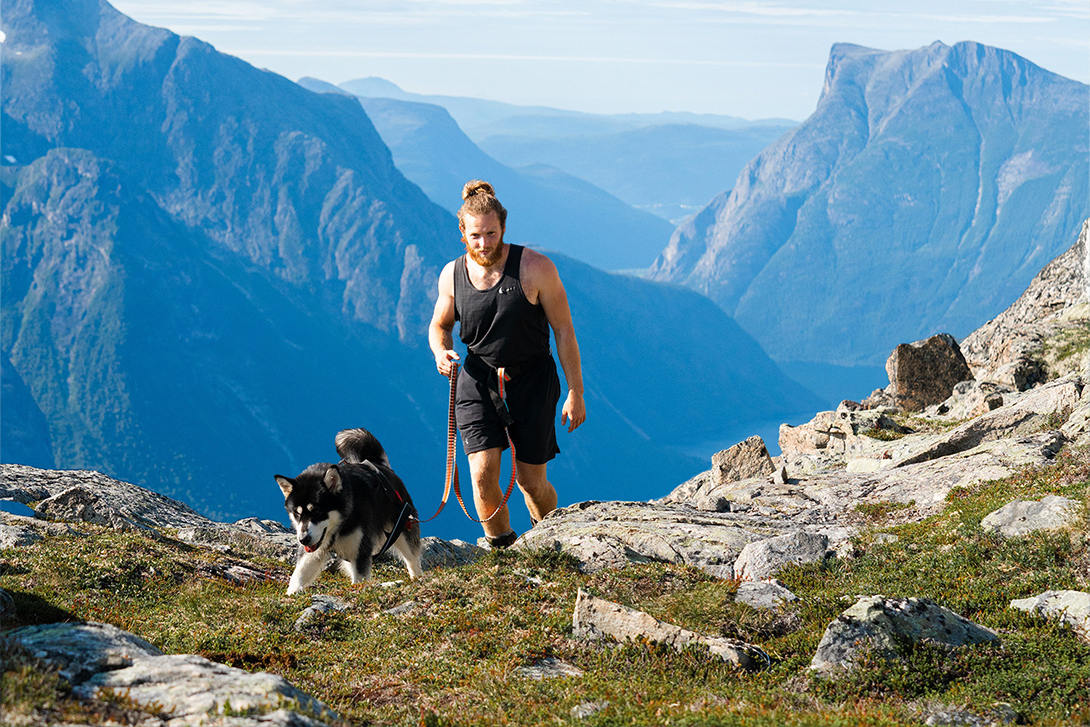
Photo by Till Daling
Enjoy a Good Feelings holiday with us
Whether you need any additional guidance on booking your motorhome holiday in Finland, Sweden, Norway, Iceland, Estonia, or England, please do not hesitate to contact our international sales office (service in English) by phone or email, or online chat.
**
Get inspired on social platforms
Check out our Group level profile: on Instagram / Facebook / Youtube
MOTORHOME RENTAL IN EUROPE
Touring Cars International Sales Office
tel. +358 9 849 4050 info@touringcars.eu
Did you like the article? What tips would you like to get before traveling to a camper holiday destination?
Please share your thoughts with us.